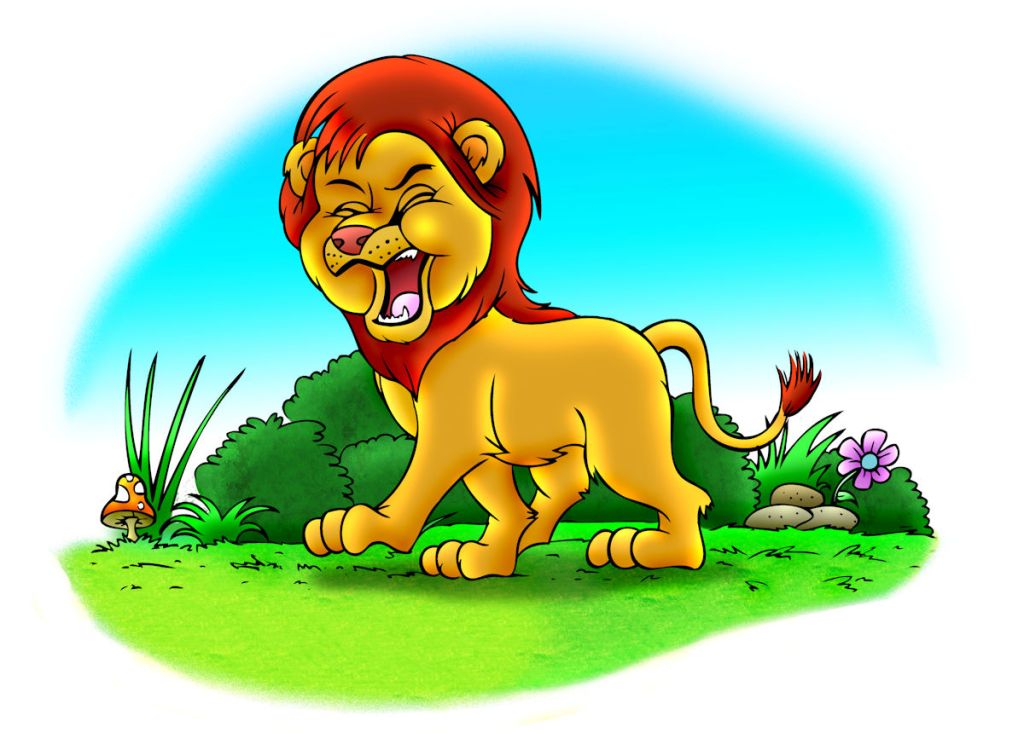In my previous article, I pondered how we are – finally! – entering the age of the e-book.
Already we are seeing an acceleration in the sales of e-books, which I expect will correlate with a resurgence of reading as an informal learning activity.
But I suggest that another, less obvious, effect of the e-book phenomenon will be a resurgence of storytelling as an informal teaching activity.
A lost art
Storytelling is as old as language itself.
Thirty thousand years ago, the Australian Aboriginals used Dreamtime legends to share and retain knowledge from generation to generation.
Tales such as The Platypus Story taught their audiences the virtues of modesty, identity and tolerance.
Western culture also has a rich storytelling history. For example, fairy tales such as The Ugly Duckling taught their audiences the virtues of love, dignity and respect.
But somewhere along the journey we lost our way.
What happened to the storytelling tradition of my culture?
Sure, we still tell stories in the form of books and movies – in fact we’re inundated with them – but I’m not alone in feeling that the big publishing houses and film studios of the world have hijacked the art of storytelling for the sake of pure entertainment.
Cash is the modern religion, and formula sells.
Light at the end of the tunnel
As e-books become more accessible, the act of reading will inevitably become more popular. Schlock will still be on the menu, but so will be enlightening tales with authentic messages.
For example, stories like Oh, the Places You’ll Go! will eventually join the other Suessical classics online and find a whole new generation of bookworms to inspire.
But you don’t have to be a famous author to get published online. Gone are the days of struggling writers submitting their work to arrogant publishers, only to receive knock back after knock back. (And don’t get me started on literary agents!)
These days anyone can publish their own story – easily.
Insert plug here
I decided to put my money where my brain was.
In the tradition of Aboriginal legends and European fairy tales, Ryan the Lion is a children’s story that explores themes of identity, tolerance, and self approbation.
Ryan is a lion cub who acts like the other animals in the jungle because he thinks they are cooler than he is. In doing so, however, he attracts their ridicule.
As Ryan grows up, his mane gets longer and his roar develops. Soon he attracts admiration, and he feels pride in being himself.
The DIY revolution
Ryan was ridiculously easy to publish.
There is a plethora of self-publishing services out there, but I decided to go with Digital Text Platform for several reasons:
- I trust Amazon.
- Kindle has sold in the millions.
- My e-book is automatically stocked in the Kindle Store.
- I can create hardcopies via DTP’s sister service, CreateSpace.
- My commission percentage is healthy.
- I retain control over my work (to update it, set its pricing etc).
Oh, and it’s effectively free!
I have since published Ryan the Lion via Smashwords too for similar reasons, but principally because of their distribution deal with Apple.
Macmillan’s stoush with Amazon was a walk in the park
The moral of this blog post is: I’m happy because I’m empowered to tell my story, and my target audience is happy because they can access my content at the press of a button.
The only ones who aren’t happy are the big publishing houses. Just wait until they realise the world’s storytellers don’t need them any more.

I love this post. Ebooks not only empower self publishers and DIY’ers but they revamp the art of story telling and make reading more accessible for everyone. So many complaints these days about dilution of proper literature, mostly a bunch of complaining from glass-half-empty types. There’s also a guide for authors wanting to learn how and not spend money en route, How to Make, Market and Sell Ebooks – All for FREE. http://ebooksuccess4free.webs.com
Thanks Jason. That looks like a very useful book for self-publishers.
Ryan the Lion is now available in paperback!